
By Tony Holler
Truth is a funny thing. As Oscar Wilde said, “The truth is rarely pure and never simple.” Was Oscar speaking of speed training? Maybe.
The science of speed training is a murky business. What works for one may injure another. Strength can improve speed or destroy it. Plyometrics may result in broken records or broken athletes. Periodization is sacred to some, scoffed at by others. Should speed coaches adopt the training concepts of bodybuilders, endurance athletes, or swimmers? Maybe we should copy the Jamaicans and eat more mountain yams. Or maybe we should cling to that old-time religion and coach like our forefathers.
Fast kids sometimes remain fast in spite of questionable coaching. In my opinion, many coaches should be charged with malpractice. Does running 10 x 300-meters in soft shoes improve speed? What’s the aim of torturous “conditioning” at the end of football practice? Can athletes gain 20 pounds this summer and be faster next fall? I have grown intolerant of bad ideas.
And what if you are a football coach? Do you recruit speed then ignore it? Should team speed be a consideration in your weekly plans? Is your team faster or slower at the end of a week of practice? Are your athletes fast at the end of the season? Doesn’t conditioning and toughness win games? You must make a choice … are you a quantity guy or quality guy? Are you a fan of happy, healthy, and fast or a slave to the grind? What is your priority?
Chris Korfist once asked a football coach what he wanted from an off-season program. The coach answered, “I want my kids to get bigger, faster, and stronger.” Chris replied in his gentle tone, “In what order?”
“The word priority came into the English language in the 1400s. It was singular. It meant the very first or prior thing. It stayed singular for the next 500 years. Only in the 1900s did we pluralize the term and start talking about priorities. Illogically, we reasoned that by bending the word we could bend reality.” -Greg McKeown from his terrific book “Essentialism“.
In 1999, I made speed my priority. My Harrisburg teams won the IHSA Class A 4×1 in 1999, 2000, 2001, and 2003. My teams have been relatively fast every year since 1999. Last year, Plainfield North was the 10th fastest team at the Illinois State Track Meet with no seniors. The 4×1 team coached by Chris Korfist ran 41.48 and placed 2nd. Edwardsville, coached by Chad Lakatos, who ran for me in 1992, won the 4×1 with a time of 41.46. My son, Alec, is the assistant coach at Edwardsville where speed is the priority. Priority is singular.
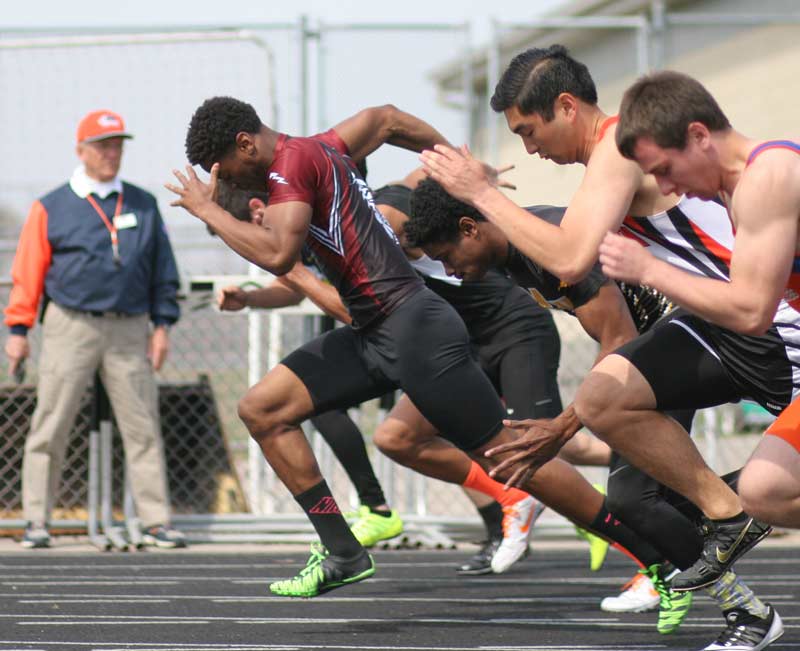
Chris Korfist began his velocity-quest as a high school and college football player. Chris can talk for days about his research. I know of no coach, anywhere, who has done more experimentation. Chris has been on a life-long mission to unlock the secrets of speed.
I attended a Chris Korfist clinic presentation in 2008. I was 49 years old. From 1991 to 2004 my teams had won eight state trophies including three state championships. From 2004 to 2006, I coached the track team at Franklin High School (TN) into a Nashville-area powerhouse. In 2007, I took a job at a newly-opened school in Illinois, Plainfield North. In 2008, we graduated our first senior class and celebrated our first conference championship.
I was confident in my coaching.
Then I heard Chris Korfist speak. I was mesmerized by his creative content. I had always prided myself as being the “alternative” track coach. Compared to Chris Korfist, I felt uncomfortably mainstream.
Don’t get me wrong, I had some things figured out. I have not thrown the baby out with the bathwater. However, I’ve spent the last seven years trying to keep up with Korfist. One coach told me, “You and Korfist are like brothers from another mother.” To me, Chris Korfist is the most intriguing coach I’ve ever met.
So now it’s 2015. Chris and I still find ourselves searching for ways to improve speed. We present at clinics. We write articles. We network with the best sprint coaches. We read everything and try our best to separate the wheat from the chaff. And there’s lots of chaff out there.
The most exciting development in our evolution has been “Be-Activated,” a program taught by a Cape Town physiologist named Douglas Heel. I have written five articles about activation. My most recent was “Don’t Implode, Explode.”
Activation is a type of hands-on performance therapy. Activation prevents injury and improves performance.
Activation is not for everyone. You only know what you know.
Most adults inherit political affiliation, religion, and social-economic status from their parents. In a similar way, most coaches are a reflection of how they were coached. The cycle of “old school” is hard to break. Coaches are stubborn. Paraphrasing a quote attributed to German physicist Max Planck, “Truth triumphs because the opponents of truth eventually die, and a new generation replaces them.”
I shouldn’t be so fixated on the know-it-all coaches who won’t attend our Speed Activation Consortium this summer. Someday they will retire, and a new generation will replace them.
We live in exciting times. A new generation is emerging. In Illinois, three state champions in the past year have been subscribers of “Be-Activated”:
- 3A Track Champs, York H.S., coached by Chris Korfist
- 3A Cross Country Champs, Hinsdale Central
- 6A Football Champs, Nazareth Academy
Chris Korfist and I are looking forward to sharing cutting-edge ideas on speed development. We are offering a two-day clinic, June 19th and 20th. We decided to call it the “Speed Activation Consortium.”
This clinic will not take the place of a Douglas Heel, “Be-Activated Seminar.” I have attended two Level-1 Seminars and one Level-2. I will attend another Level-1 in Chicago, July 18-19.
The Holler-Korfist Speed Activation Consortium will feature 11 one-hour presentations. This is NOT a track & field clinic. We have an eclectic collection of speakers, unlike any clinic I’ve ever attended.
Joel Smith
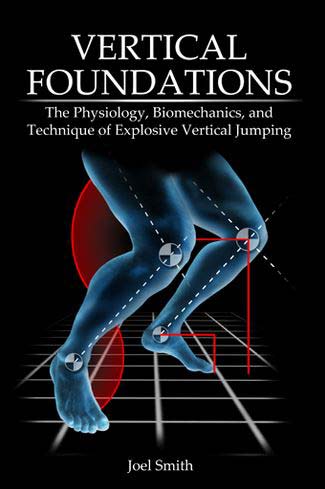
I met Joel Smith at a Douglas Heel “Be-Activated” Seminar. Smith is an assistant strength and conditioning coach at the University of California where he works with track and field, swimming, and tennis. He is the founder of Just Fly Sports and the author of Vertical Foundations, the first book to take a holistic, biomechanical approach to jump training.
Joel Smith will discuss biomechanics and muscle kinematics of various jumping styles in team sports and track and field. Smith will explore common weak points and critical points that are important to maximal jump height.
Dan Fichter
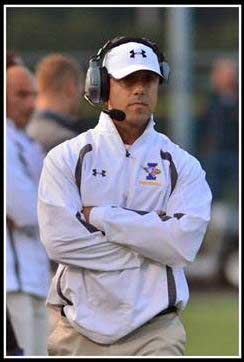
I’ve never met Dan Fichter, but I feel like I know him well. A long-time partner of Chris Korfist, Dan Fichter has made a name for himself as a speed trainer, track coach, and football coach. Fichter is presently the head football coach at Irondequoit High School in New York and the owner of Wannagetfast Power Speed Training in New York and Tampa.
Dan Fichter sums up his training as “a combination of Eastern European methodology and new-aged research from biomechanists from around the globe.”
“We do not train in a sport-specific, core-dominated, or general fad mantra. We utilize proven research on speed and strength training that has produced world-class results.”
Fichter’s presentation will focus on in-season training to keep the nervous system fresh, muscles strong, and speed maintained.
Cal Dietz
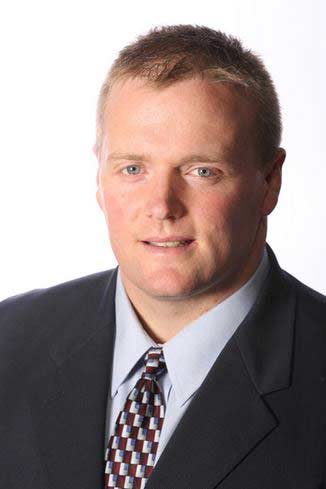
Cal Dietz from the University of Minnesota will speak on Triphasic Training. I met Cal last February at a Douglas Heel Seminar. The bio that follows comes from the trailer for his first book, Triphasic Training: A systematic approach to elite speed and explosive strength performance.
Triphasic Training is the pinnacle of sports performance training. That’s not hype. Cal Dietz, strength coach at the University of Minnesota, has the results to back up this claim – a Hobey Baker Award winner, two Big Ten Athletes of the Year, over 400 All-Americans, 28 Big Ten/WCHA championship teams, 7 NCAA National Team Champions, and 13 teams that finished in the top four in the nation.
Over the past decade, Coach Dietz has worked with thousands of collegiate and professional athletes, incorporating the latest scientific research into developing his Triphasic Training method. His approach breaks down athletic movements into their three components — eccentric, isometric, and concentric — allowing for the continuous development of athletes, maximizing their strength, speed, and power.
Cal Dietz is the founder the one of the comprehensive strength training websites you will ever see, xlathlete.com.
Dr. Tom Nelson
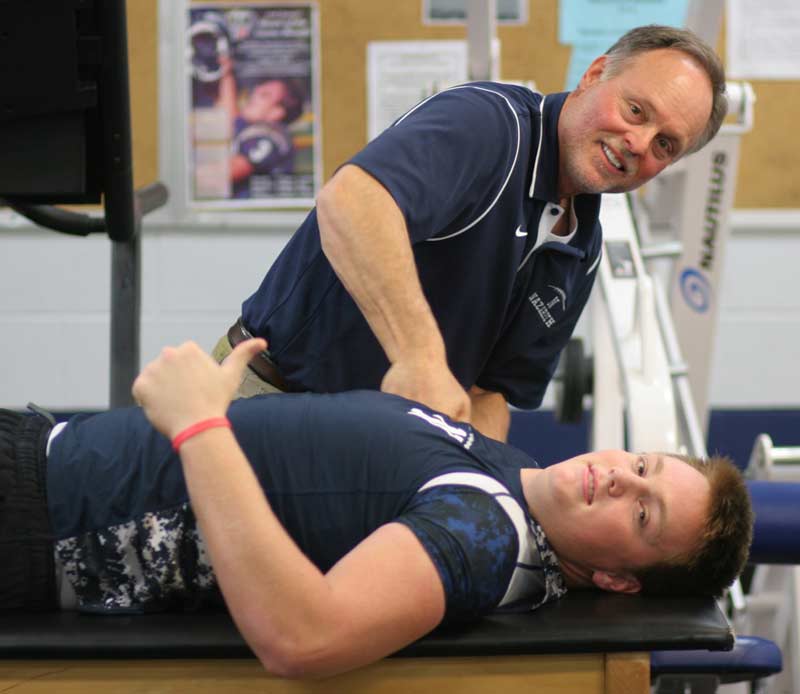
Dr. Tom Nelson is activating 6’6″, 275-pound Nazareth offensive tackle, Jack Shutack. Shutack will play for Rutgers next year.
Dr. Tom Nelson, D.O. (doctor of osteopathic medicine), installed “Be-Activated” at Nazareth Academy in LaGrange, Illinois, three years ago. According to head coach Tim Racki, activation has been a game changer. See the Freelap article I wrote about Nazareth as they entered the 6A IHSA State Championship game.
Dr. Nelson will deliver an exciting presentation on BREATHING and its fundamental relationship to activation, injury prevention, and performance.
Dr. Eric Janota will make a presentation on Activation Level-1 to show how to get the psoas and glutes to drive your body into proper, efficient, and powerful hip flexion and hip extension. Like Nelson, Eric Janota is a doctor of osteopathic medicine. When I asked Eric what percentage of his practice was activation, he said, “About 20%, but it occupies 80% of my thoughts.” Exciting.
Dr. Kerry Egan will speak on the impact of an athlete’s visual field on activation, movement, and performance.
Dr. Kerry Heitkotter of “Your Healthy Foundations” will discuss fueling athletic performance. Heitkotter is presently working with 15 professional teams using targeted micro and macro nutrients to prevent injury, promote proper development, improve recovery.
And I almost forgot; Chris Korfist plans to speak on his two specialties, the ankle and the hip. I challenge anyone to find a speed coach who knows more about training the ankle and the hip to measurably improve speed.
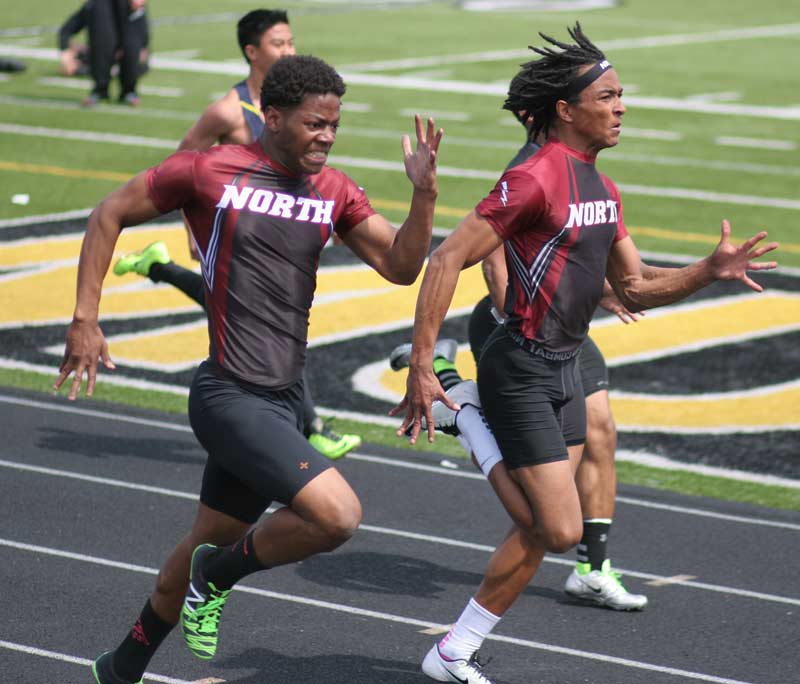
Thomas Harris and DeVaughn Hrobowski are very talented sprinters. In addition, they have measurably improved their speed, consistently, since they started training with me as freshmen.
Speaking of measurably improving speed, I will present “Inertia and Data-Driven Speed Training.” It was an article I wrote a couple of years ago by the same name that caught the attention of Freelap’s Christopher Glaeser. Today my data comes from Freelap Pro Coach 424, and I proudly write for Freelap USA. In my second presentation, I plan to provide a speed workout demonstration using athletes from my track team. Sometimes, you need to abandon the PowerPoint and show how the work is done.
Several training technologies will be showcased, including kBox by Exxentric and Freelap Pro Coach 424.
The clinic will be held in Lombard, IL, at Montini High School. Montini is close to the Yorktown Mall. There is no shortage hotels and excellent restaurants in the area.
Updates for the Speed Activation Consortium will be available on Twitter @pntrack.
For more information and how to sign up and how to pay your entry fee, go to
[mashshare]
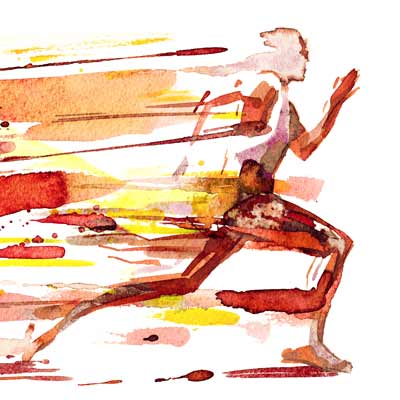

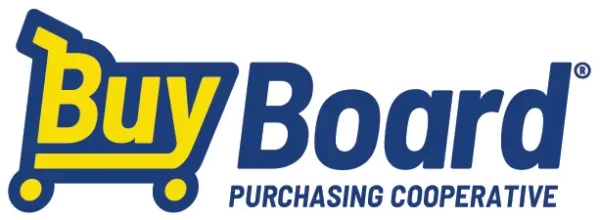
surely you’ll package this up for purchase post event?
Several people have asked the same question. We are strongly considering a DVD package of the 11 presentations. This is going to be a unique event. Stay tuned.
Can I just pay you now? I want this on Dvd! Haha
How was the clinic? Have you decided if it will be available on DVD? I hope everything went well for you guys.
Thanks
Heth,
We had almost 100 in attendance from eleven different states. Our feedback was positive, so this will not be our last clinic.
Chris Korfist and I have almost nailed down Dec 11-12 for our first Track/Activation Clinic. We hope to offer another Speed Activation Consortium next summer.
Sorry, but we are not offering DVDs. In all our decisions, we decided to keep things simple for our first clinic.
Joel Smith of Cal Berkeley has submitted an article summarizing his SAC experience. I read the rough draft and you will like it.
Tony
Are there any doctors practicing Activation techniques near cCape Coral or Ft Myerd in FL?